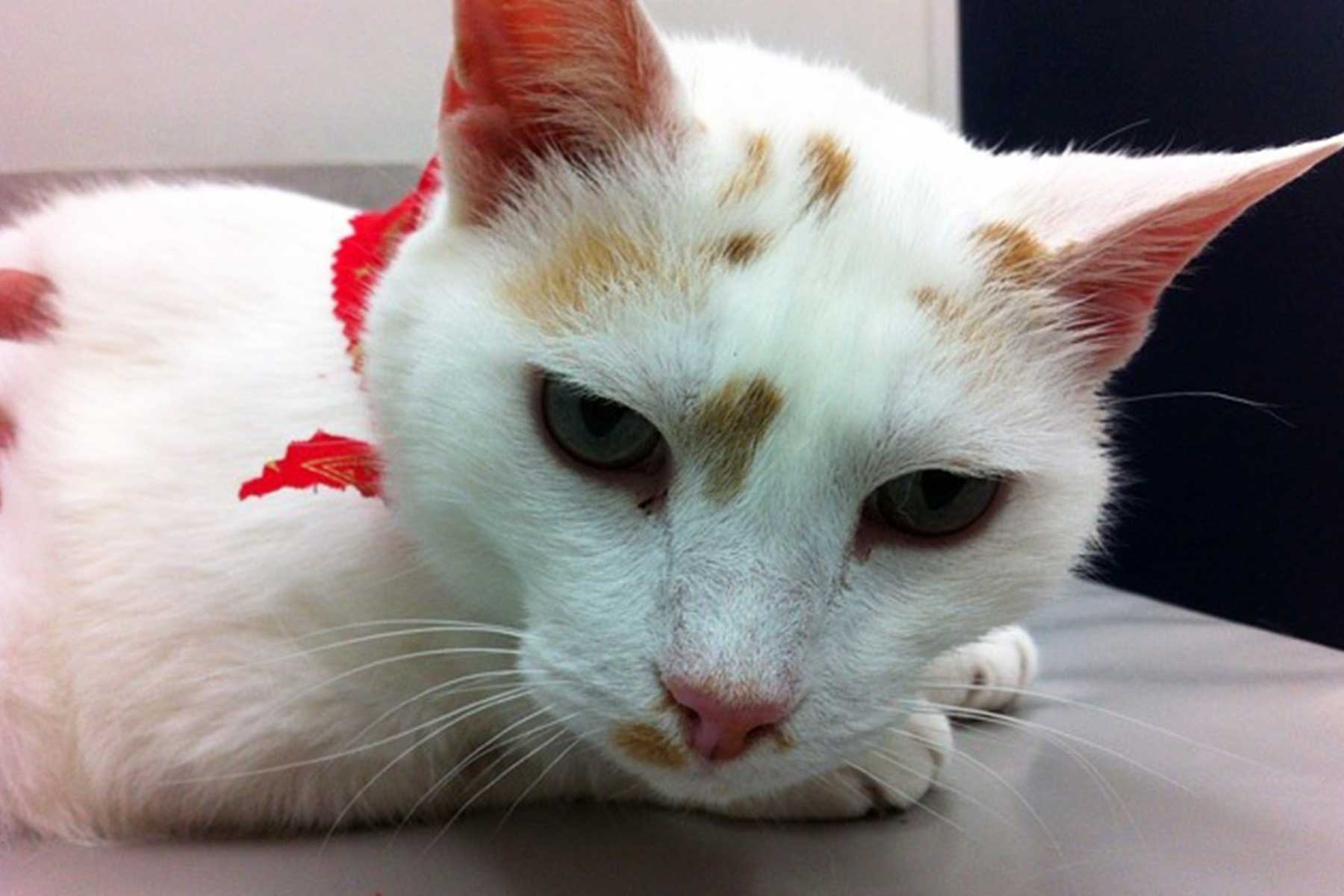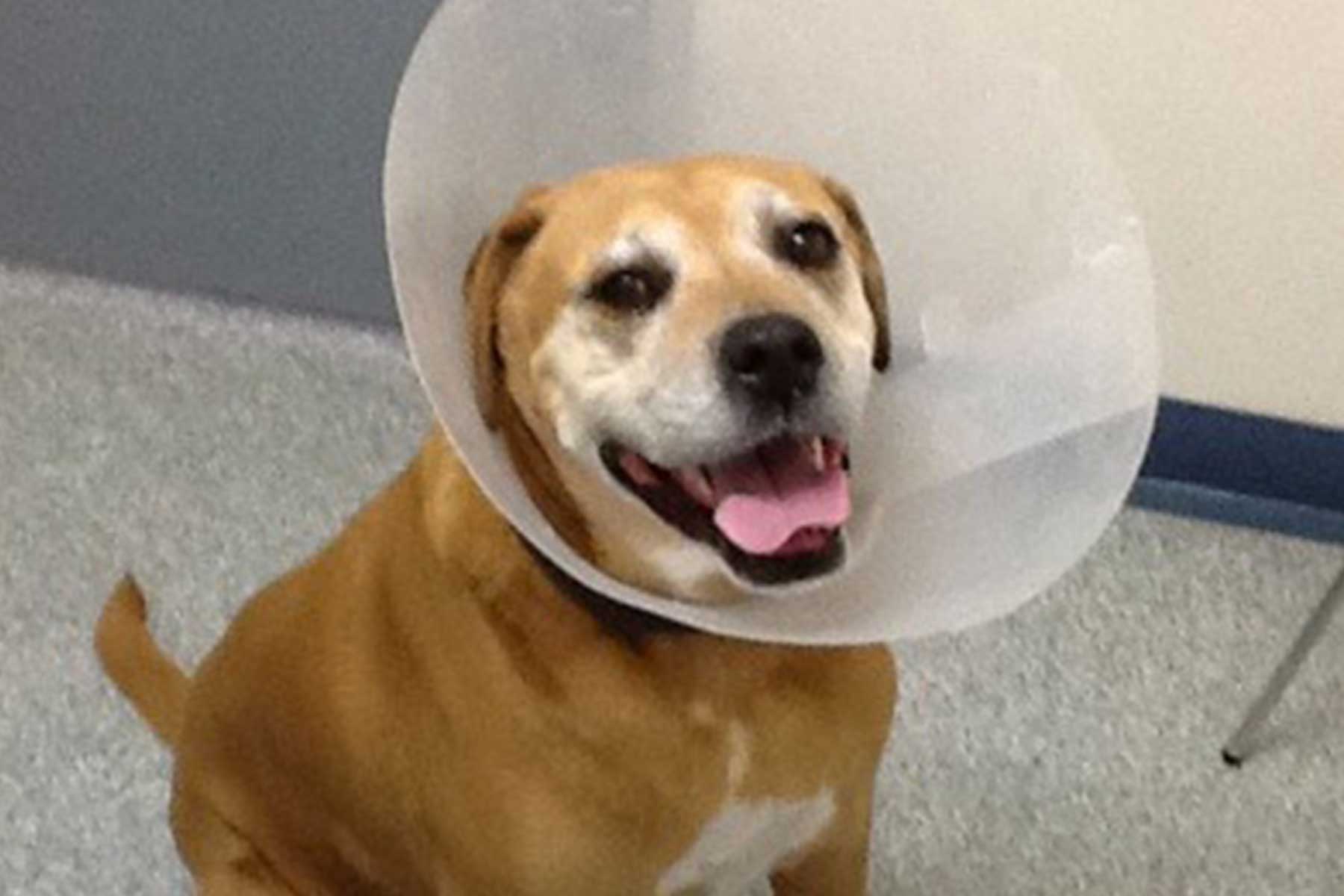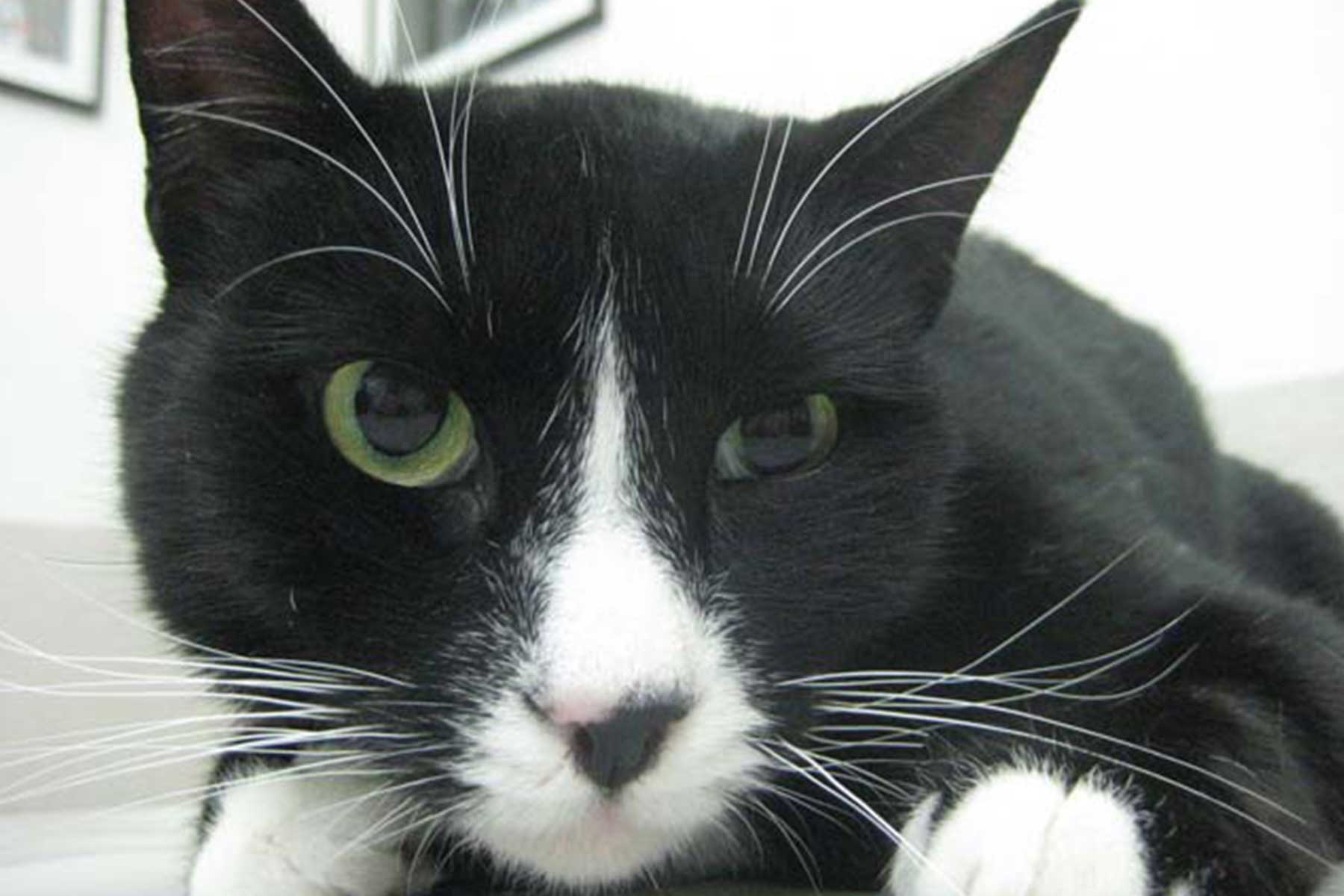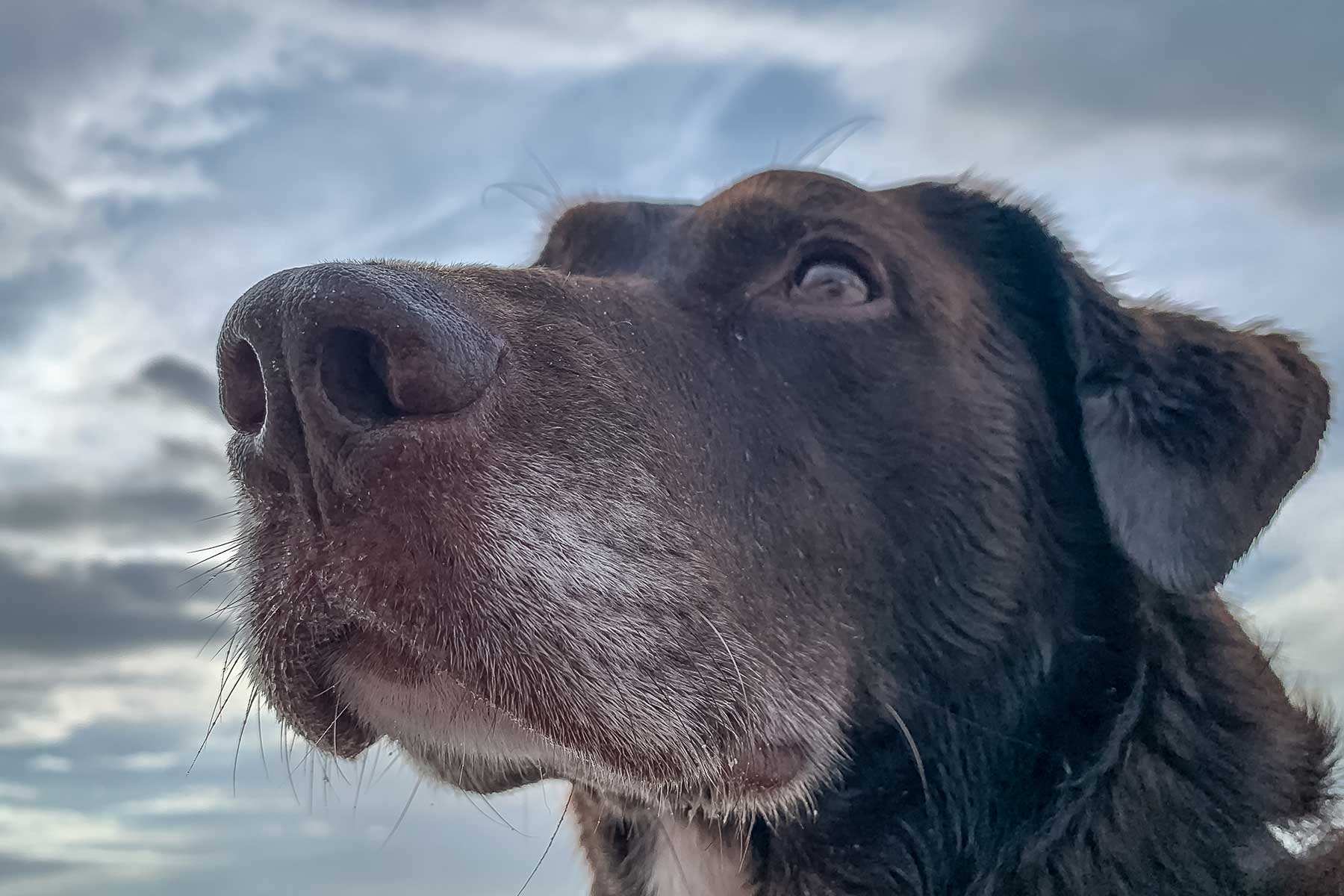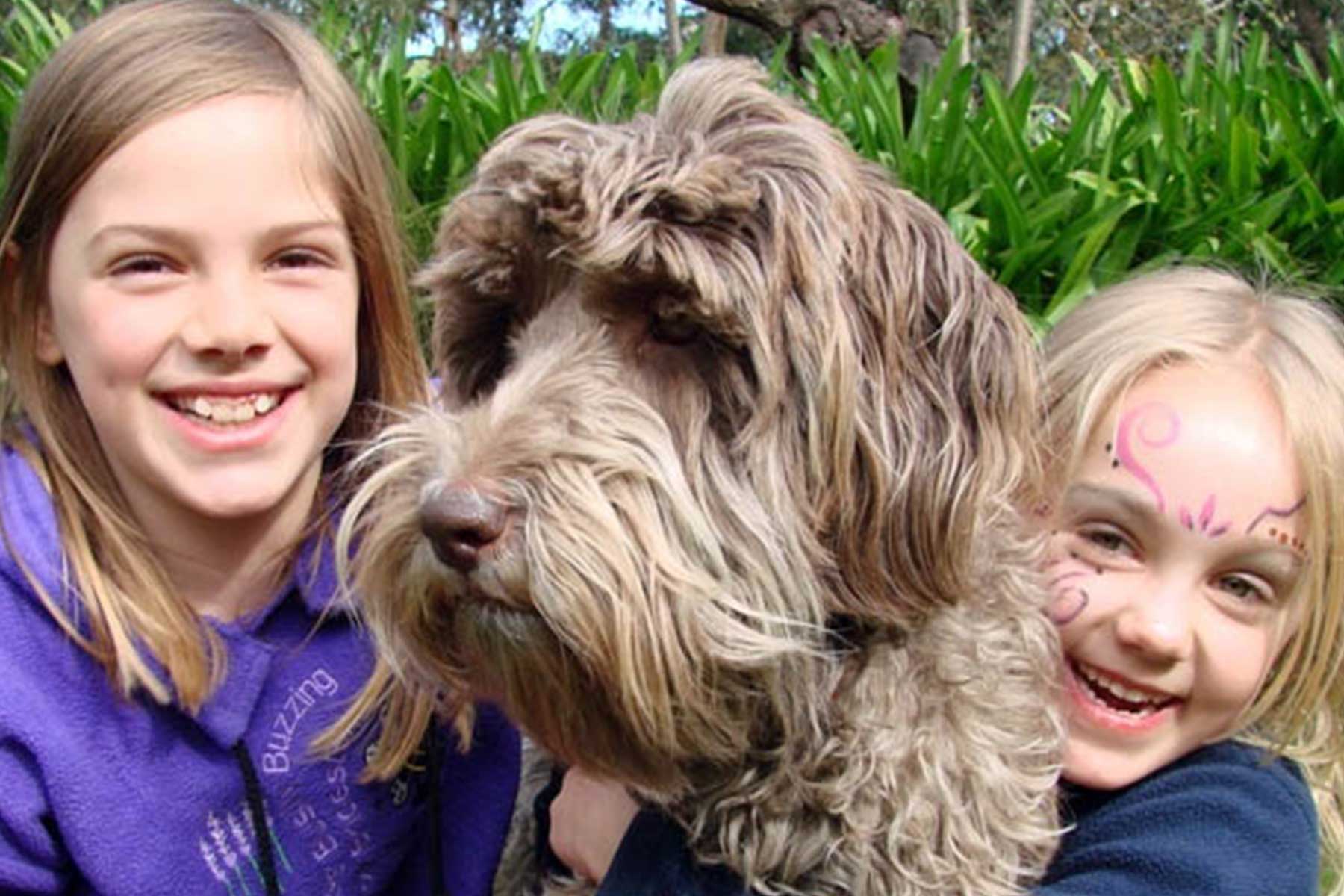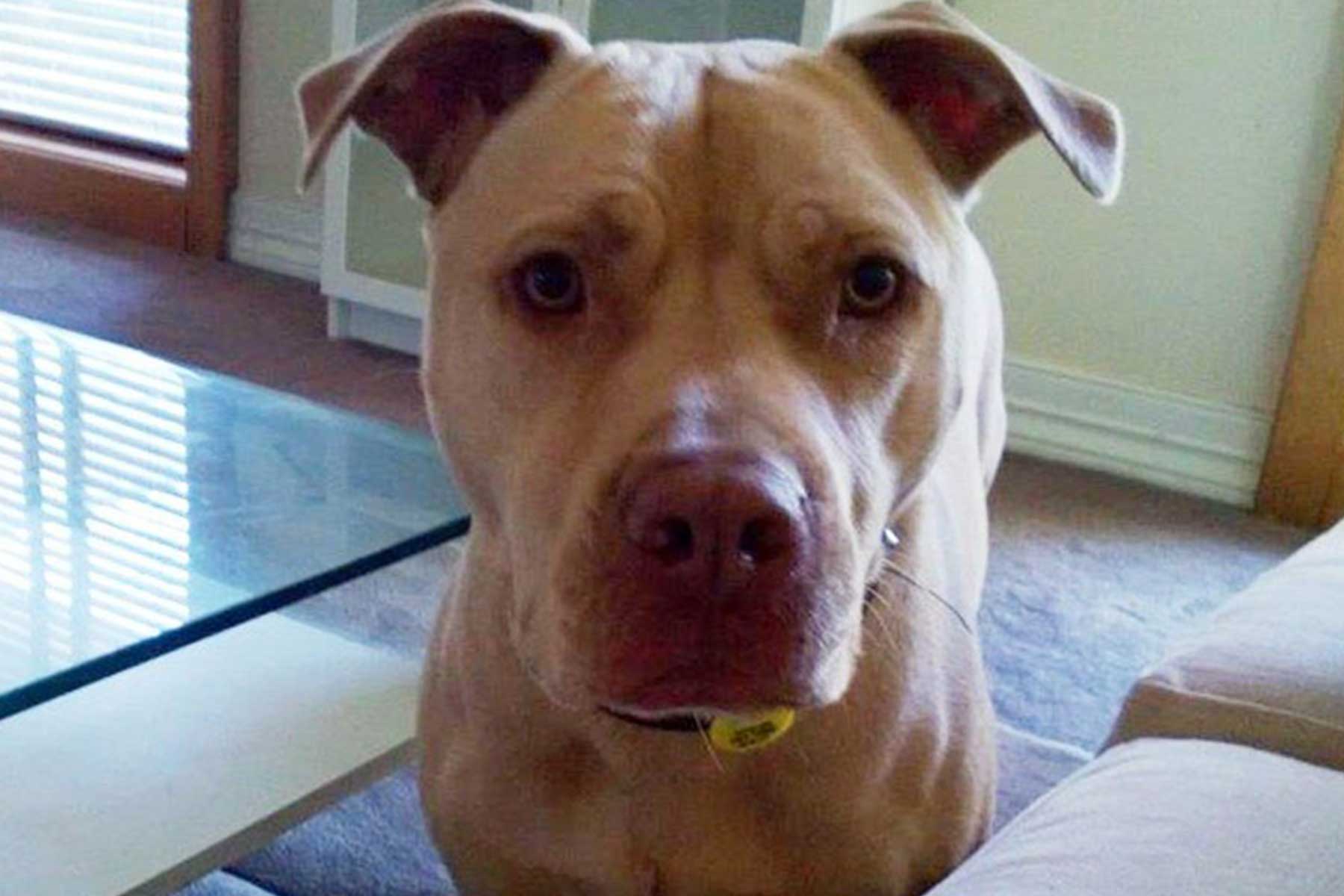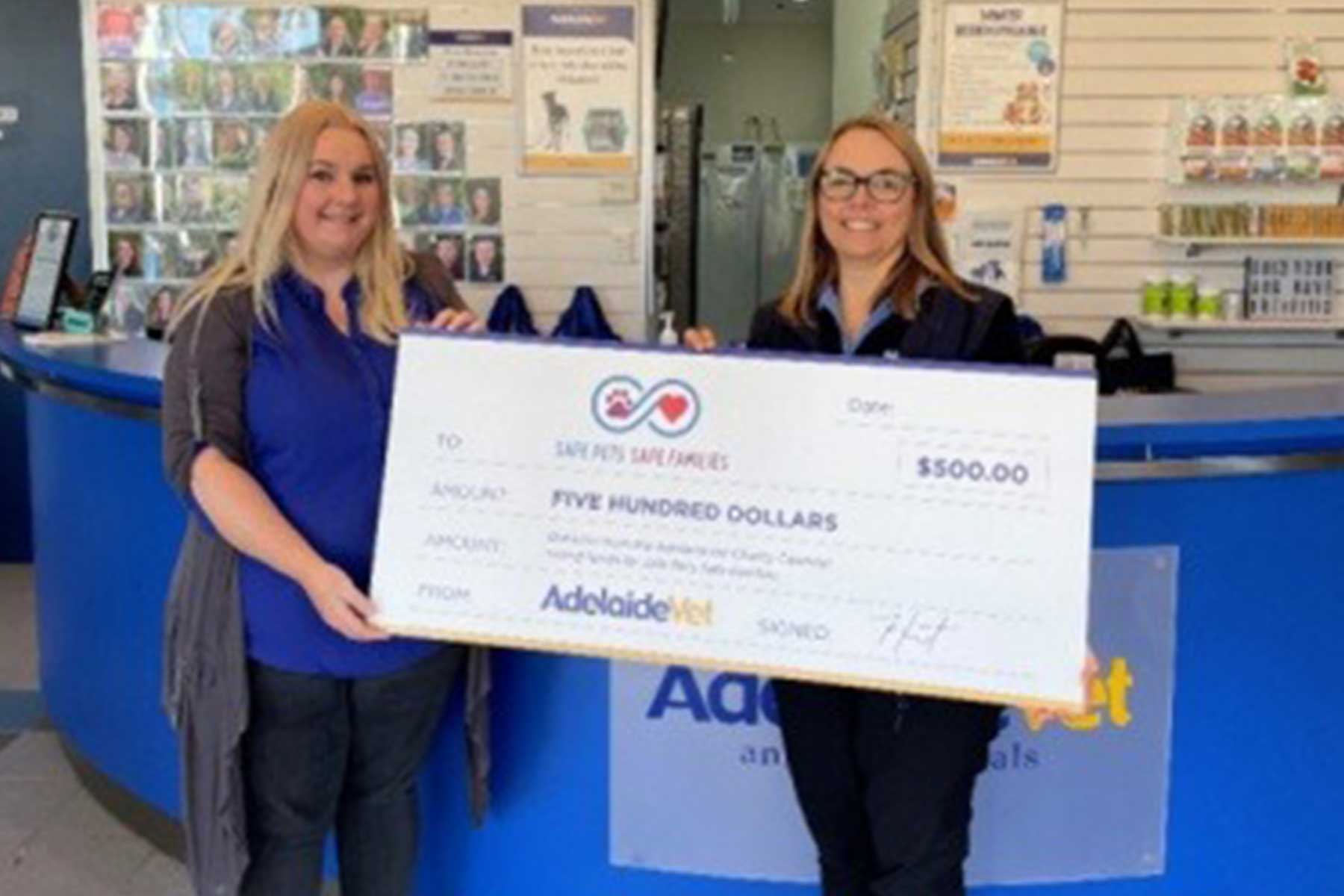Taking your dog to an off lead dog park can be one of the most rewarding experiences for you and your dog. At least, that’s what we are all lead to believe. The exercise and social benefits for both you and your furry friend can indeed make it the highlight of the week. Unfortunately though, it is not uncommon for us to see injuries resulting from dog park altercations, including ongoing behavioural issues. So what can you do to keep your dog and other patrons of the dog park safe and to minimise stress for your dog?
Firstly, let’s put it simply: The dog park is not for everyone. And that’s okay! Not all dogs feel safe around other dogs and there are plenty of other ways to enrich our pet’s lives without exposing them to the sometimes chaotic and overwhelming experience of the dog park.
As owners, we should not feel guilty for denying our dog off lead time at a dog park. Companion animals do thrive on social connection but YOU are the one that they primarily seek that from. No amount of playtime with other dogs can replace quality interaction between you and your pet. It is more important for them to have stimulation, enrichment and exercise than to socialise with other dogs.
But say your pooch is an adolescent, social and fun loving dog who thrives on a good rough and tumble session with a like minded fur-friend. Then dog park time can be a great way to expend energy, work on training and allow your dog to socialise. The key is to know when it stops being those things and becomes stressful for your dog and/or stressful for other dogs around too.
Those who are parents will be all too aware of the delicate balance between a toddler having fun at a party and leaving with a child hysterically crying. We think to ourselves, “We should have left half an hour earlier…” We know that we stayed beyond our child’s limits, failing to pre-empt the moment when Little Miss Happy switched to Little Miss Meltdown!
Knowing when to leave the party with a toddler before they have a meltdown is an elusive talent that few people successfully master. But knowing when to leave the dog park doesn’t have to be so hard. Your fur-child will give you cues if they are feeling fed up or stressed, the key is to be on the lookout for them and to respond when you see them.
Take Needles the Whippet for example, while he is a timid boy he does love a trip to the dog park to have a run around and meet (briefly) other dogs. He’s a good natured boy but he is a “three strikes and you’re out” kind of dog. I know that he doesn’t enjoy it if another dog is in his face too much and he will freeze and have a growl to let the other dog know. If he has to growl a few times I know he is getting really annoyed and a snap is soon to follow. I know that I need to extricate him from the situation before that happens. He is telling me “its time to go” with that very first growl. In fact, if I’m on the ball I notice more subtle “its time to go” signs before the growl too.
Some “its time to go” signs you may see if your dog is not enjoying himself:
- Yawning, excessive drooling or licking of lips
- Freezing when approached by other dogs or staring them down
- Turning away when approached by another dog
- Holding their breath
- Consistently being on their back showing their belly to other dogs
- Ears pinned back
- Becoming clingy or checking in with you more than usual
- No longer following basic commands
- Tail tucked between the legs
- Not taking treats despite generally being food motivated
- Trembling or shaking
You can get to know your dog’s “its time to go” signals and for some they might be present right at the start of your visit to the dog park. A dog who begins drooling when you enter the park or cautiously skirts around the edge with tense posture is not having fun. They may prefer to go home and play fetch in the back yard or go for an on lead walk around the block.
Listen to your dog if they are reluctant to approach a party of rough and tumble players. Let’s face it, we all have those times when we get to the party and realise that it’s just not our scene. For even the most outgoing of dogs (and people), approaching an established social group can be confronting, so try to keep moving and avoid clustering with too many people. You might enjoy hanging out in a group and chatting over a travel mug of coffee but your canine companion might not find their doggy counterparts so welcoming.
So what else can we do to help our Pooch navigate the potential stressors of the dog park?
- Ensure your dog has good recall skills. Being able to retrieve your dog from a tricky situation is important.
- Avoid the temptation to pull out that smartphone, instead, observe your dog’s interactions. I guarantee it will be more entertaining too.
- Leave the toys at home to avoid the potential for resource guarding behaviour (not all dogs are happy to share the ball)
- Communicate with other owners, let them know if your dog needs space, or doesn’t do well with big dogs or over exuberant puppies.
- Arrive to the dog park with an open mind and backup plan. Is it looking a bit too crazy in amongst the action for your dog? Opt for an on the lead walk around the block or be prepare to leave if your dog becomes overwhelmed.
- Recall your dog or leash them if you observe signs of stress or discomfort in a dog they are interacting with.
- Educate yourself about canine behaviour, play and body language. There are a lot of myths out there!
- Of course, ensure your pet’s vaccinations and parasite prevention are up to date before venturing to the dog park.
The reality is that we do not have control over other dogs in the dog park. We are at the mercy of their training, temperament, owner’s attentiveness and a whole bunch of situational factors. What we do have control of is if we go to the park at all, when we leave and how we keep our canine companion safe and stress free during our visit.
If you need assistance with:
- decoding your dog’s “its time to go” signals,
- have had a bad experience that has made your dog fearful or aggressive
- would like some advice to help your dog behave appropriately in public
You and your pet may benefit from Dog Training. We recommend Dog Training at the RSPCA. By understanding how dogs learn and using positive reinforcement methods you will be able to train your dog to be a well-mannered member of the family.
Find out more about RSPCA dog training here
Contact your local council to find designated off lead dog parks in your area.
Written by Tracy McNally

